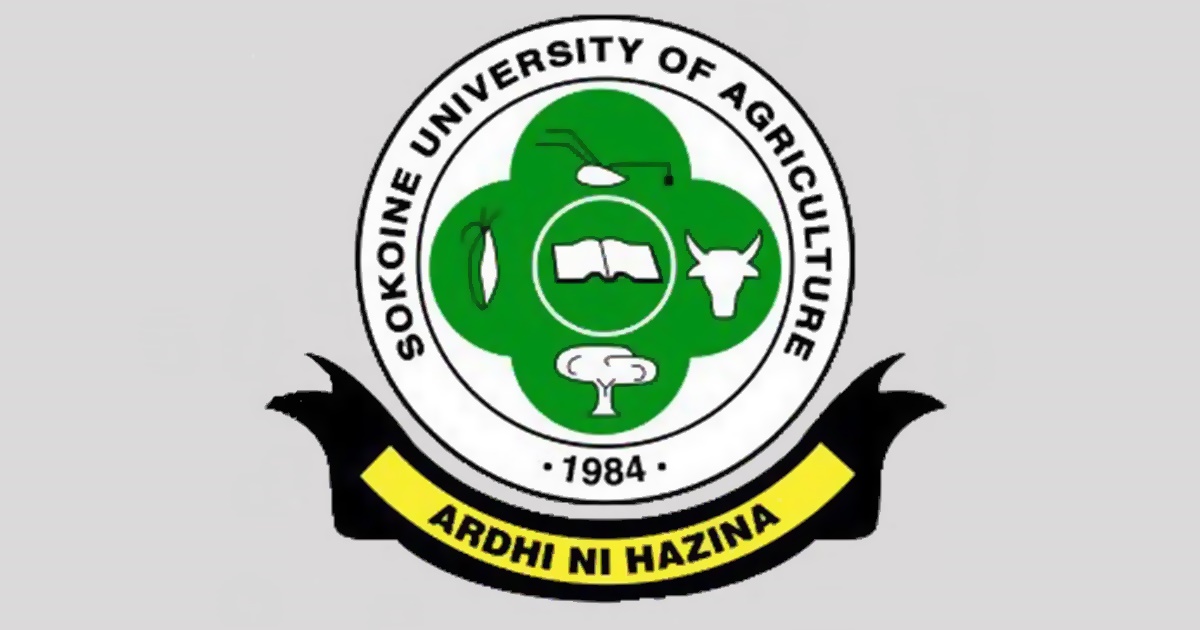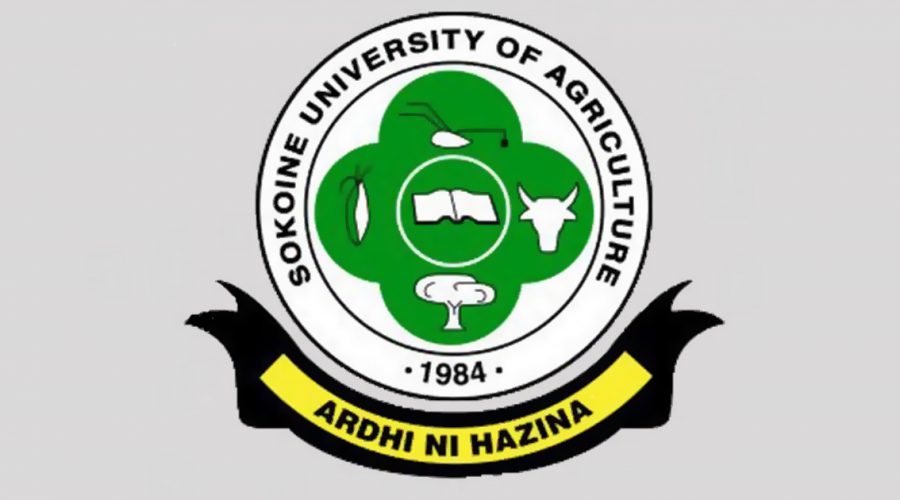Public Defence: PhD
Candidate: Respikius Martin
Respikius Martin is a Lecturer in the Department of Agricultural Extension and Community Development at Sokoine University of Agriculture. Martin joined the Sokoine University of Agriculture on December 2016 to pursue PhD studies in the Department of Policy Planning and Management. His PhD was a sandwich program between Sokoine University of Agriculture and the University of Copenhagen (Department of Food and Resource Economics)
Title of the Thesis: Institutions, Governance and Upgrading in Non-industrial Private Forestry Value Chain in the Southern Highlands of Tanzania.
Supervisors:
- Dismas L. Mwaseba
- David D. Mhando
- Jens-Friis Lund
- Esbern-Friis Hansen
Date and Time: 25 February 2021; 09.30 hrs
Venue: CSSH Board room
Mode of Defense: Face-to-face
Panelist Team
- Jumanne Abdallah (Chairperson)
- Emmanuel T. Malisa (Internal Examiner)
- David G. Mhando (Supervisor)
- Justin K. Urassa (Appointee of the Principal)
- Goodluck. D. Massawe (Appointee of the Head and Secretary)
Summary of the Thesis
The demand for timber and limited capacity of governments and corporations to supply the deficit are among the factors for the rise of Non-industrial private forestry (NIPF). In developing countries, NIPF is dominated by smallholder farmers and presents a huge potential for alleviating poverty in rural areas where the majority of farmers live. Institutional framework and governance of the NIPF value chain are well recognized for influencing the benefits accrued from NIF and their distribution. However, in Tanzania, most studies on the role of institutions and governance have been on natural forests and industrial plantations. Using the theory of access and the global value chain, particularly the institutional framework and governance structure dimensions, this study analyzed the role of institutions and governance in non-industrial private forestry value chain in the southern highlands of Tanzania. Specifically, the study intended to 1) Analyze the role of state regulations in governing timber value chain 2) Examine the role of informal institutions in timber value chain and 3) Analyze the types of upgrading in the NIPF value chain and the institutions driving them.
Principally, the study adopted an exploratory cross-sectional study design whereby qualitative data were collected through in-depth interviews, focus group discussions, observations and document reviews. In addition, quantitative data were collected for the study from six district councils from Njombe and Iringa regions. Thematic analysis was used to analyse qualitative data while SPSS software was used to analyse quantitative data.
The study findings showed that the government is the sole regulator of the NIPF value chain, and all actors in the chain operate under the same regulatory framework. This was not unique as similar cases are found in many developing countries. However, in Tanzania, regulations are implemented differently at the district council level whereby some council, unlike others, charges higher the cess per a piece of timber. Lack of distinction between industrial and non-industrial private forestry has resulted partly resulted in high transaction costs, which are unaffordable to the majority of actors in the NIPF value chain. Although the regulations affect incomes of all actors, tree growers are the most-affected category. Besides, the study found that trust between value chain actors played a role of integrating actors in the value chain. However, in some instances, it also excluded some actors from accessing timber market under the guise of lacking or having low level of trust. Furthermore, the study found that although four types of upgrading are promoted, only functional upgrading was found to have resulted into higher income among tree growers.
In view of the study findings, it is concluded that although forest regulations were set to facilitate the operations of NIPF and to improve its contribution to rural livelihoods; some of the regulations have resulted into unintended negative effects by limiting the actors of the value chain from gaining more income. Similarly, informal institutions, particularly trust, play an important role of integrating actors in the value chain by enabling them access regional market. It is recommended that in order for NIPFs to contribute significantly to the income of actors, the government, through the Ministry of Natural Resources and Tourism (MNRT), should review the regulations governing the timber value chain. Specifically, barriers that limit tree growers and other actors from gaining access to the markets should be minimized or completely removed. In addition, in order for upgrading strategies to contribute to the improvement of rural livelihoods in the Southern Highlands of Tanzania, institutions promoting upgrading in NIPF value chain should pay attention to the needs of the tree growers.
Attendance
For members of the general public (including non-panel individuals) who are interested to attend/follow the Viva voce examination virtually, Join Zoom Meeting using the link below





